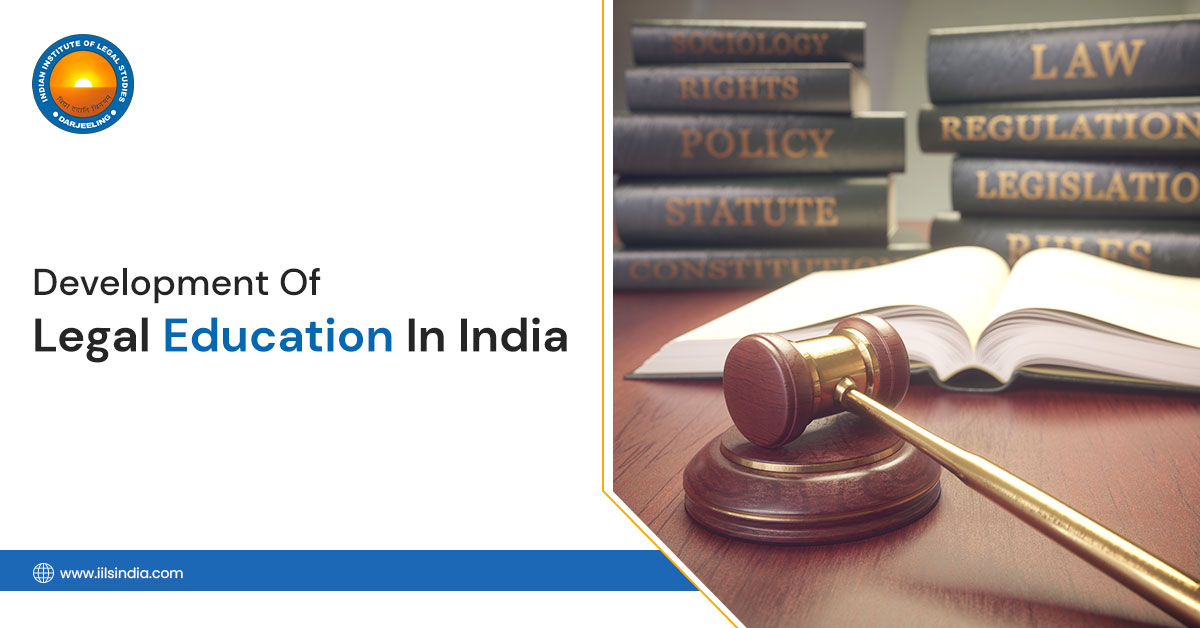Abstract
Legal Education should be considered an important arena in the life of every individual. Legal Education means imparting knowledge with respect to laws, right and duties of the individual. Thus many law college in Coochbehar are trying to impart holistic legal education.
Introduction
In this modern society there is growth of many complexities and the society is shifting towards civil law society from natural law society, where there is a growth of welfare state and the state is attempting resolve all the issues in peaceful manner. In this current scenerio it is essential to have legal education and awarness to produce a population who have social conscience. In every aspect such as administration, trade aand commerce there is need of basic understanding of the law. Every individual has the responsibility to be aware about the rights and duties available to him, because ignorace of law can not be taken into consideration and as a citizen every individual must know the basic law of the land. Therefore, legal education plays a vital role in producing law abiding citiens in the nation, and that is why there is a tremendous development towards imparting the legal education. In every district of India there are several institutions which provides legal education starting from colleges of big cities like Delhi, Kolkata to Law College in Cooch Behar.
Origin of Legal Education in India
The origin of Legal education in India revolves around the vedic era whereby the concept of Dharma was the source of legal structure. But there was no trace of formal legal education, it was merely a self-learning process, in the past the Kings or the ruler used to adjudicate the matters by their own notion of Justice. Sometimes the kings used to appoint senior people to adjudicate the matters and these judges were not the trained judges in the field of adinistration of justice, but they were well acquented with the concept of Dharma.
Legal Education in Vedic Period
In ancient India the Vedas were the main source of law, and also were the guiding principles of human behaviour and human conduct. Mainly the sages heard the commands of the God and explained those commands of God to their desciples that is why Vedas were also known as the Shruti, and the desciples also remembered these commands and preached them to the common people and these were known as Smritis. Goutama, Buddhayana, Apastambh were some of the well known Smritis and were considered most ancient expositions of law.
Legal Education in Medieval India
After the Hindu rulers the Indian subcontinent was ruled by the Mughals. Babar Invaded India in 1525 and from that era a sudden change in the judicial system was observed. In this era law was mainly based on Quran and Hadith. For the first time in India the Mughals established the system of courts by following formal procedure. The change in the legal system of India mainly during this period gave emergence of legal experts who were known as Vakils. There were Mughal Codes like Figh-E-Firoz Shahai and and Fatwa-E-Alamgiri which mainly provides for the maintenance of code of conduct of the Vakils.
Legal Education in British India
In British India the development of legal education mainly took place by establishment of vaious Charters in different times by the Colonial Government. Adalat system in India formally started in 1772, but development reached to a level during 1883 after establishment of Law commission in India to codify the laws. Earlier the legal education was mainly based on practical training and it was a two years course program with traditional leacture method.
In 1885 Justice Muthuswamy Iyer proposed a necessity of setting up formal colleges for imparting legal education based on scietific method. Followed by the proposal of the First Indian University Commission stating that a bachelor’s degree either in Arts or Science is mandatory to pursue LL.B degree course.
After the Independence there was a new law which came into existence by the name of Advocates Act 1961. By virtue of this Act a new statutory body was created by the name of Bar Council of India at the National Level. The Act made this statutory body promote the legal education and maintain the standards for legaal education in India. Bar Council of India is responsible to prescribe the minimum qualification for a student to take admission in Law and it has the duty to prescribe the curriculum of the course.
The Bar Council of India mainly promote, regulate all the institutions involved into imparting legal education India. From National law universites to small law institutions like law college in Coochbehar every college comes under the control of the Bar Council of India.

